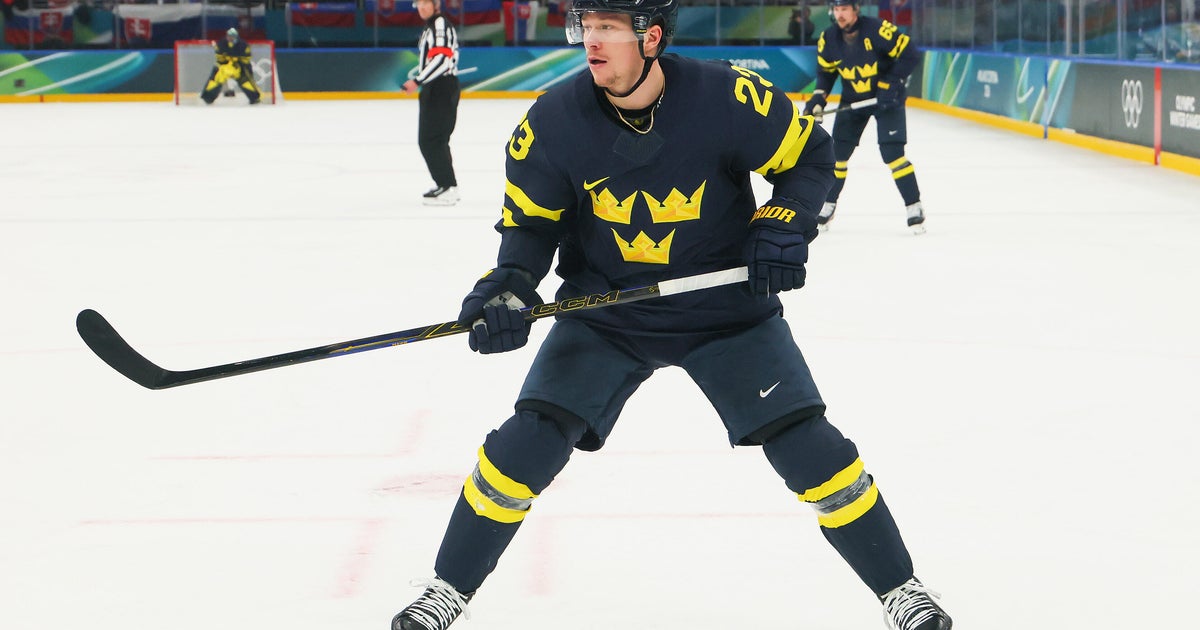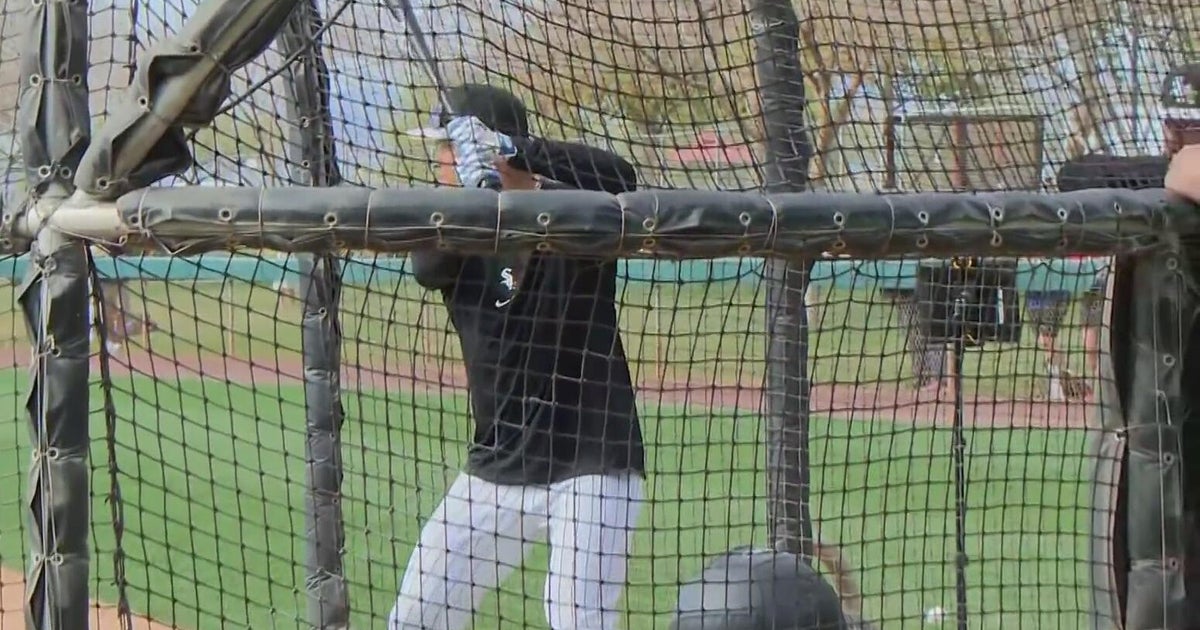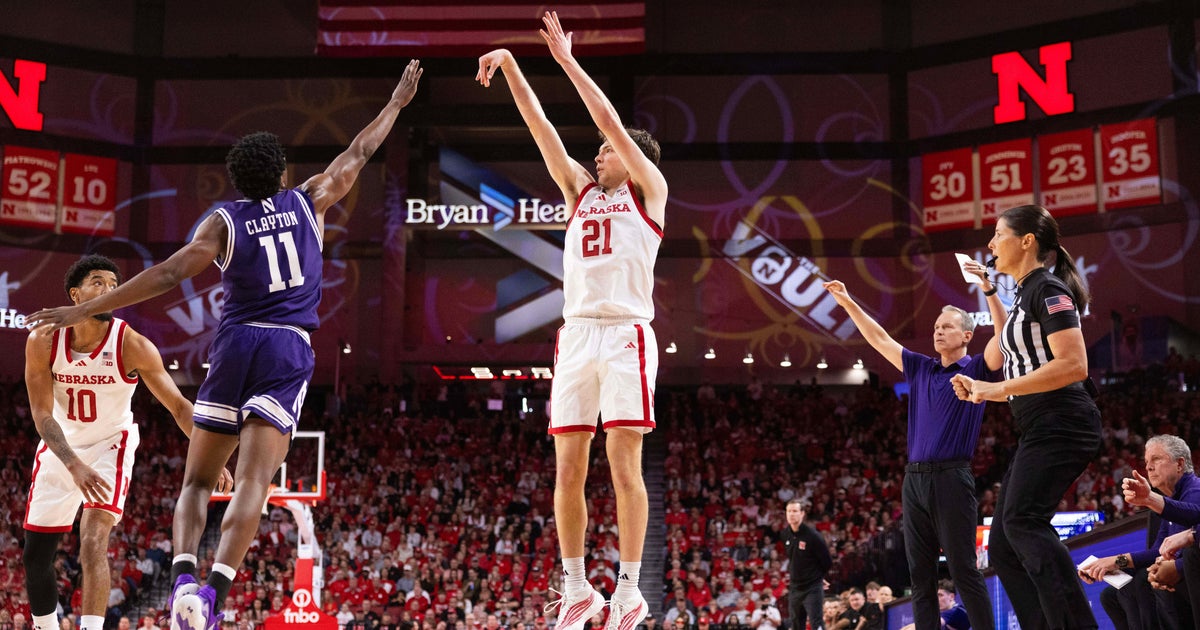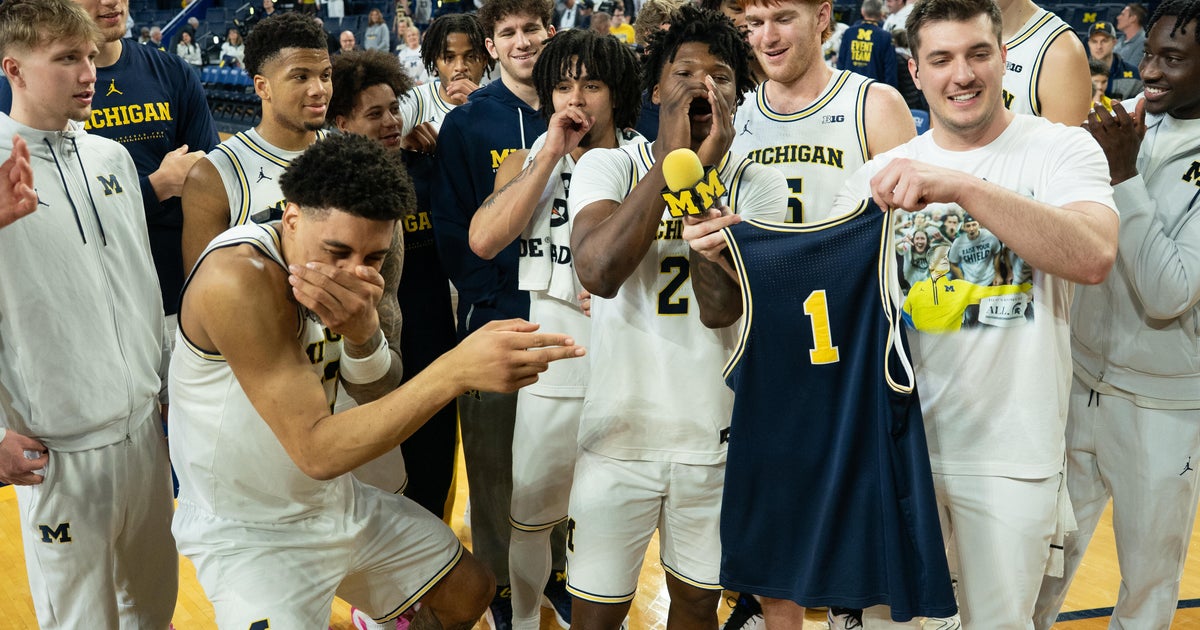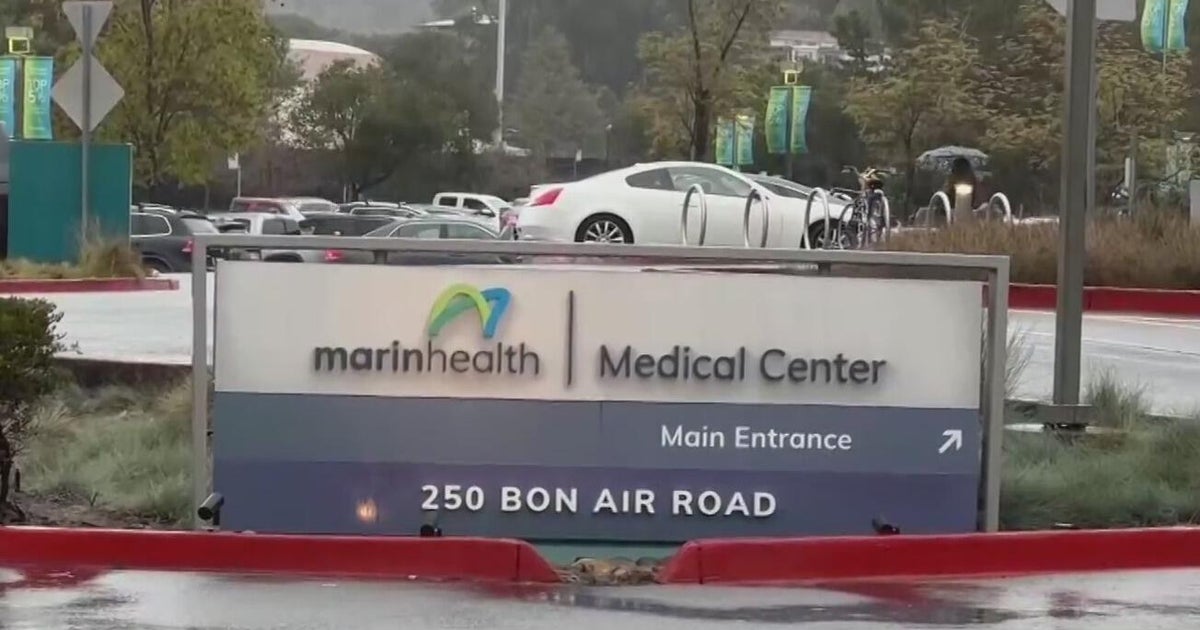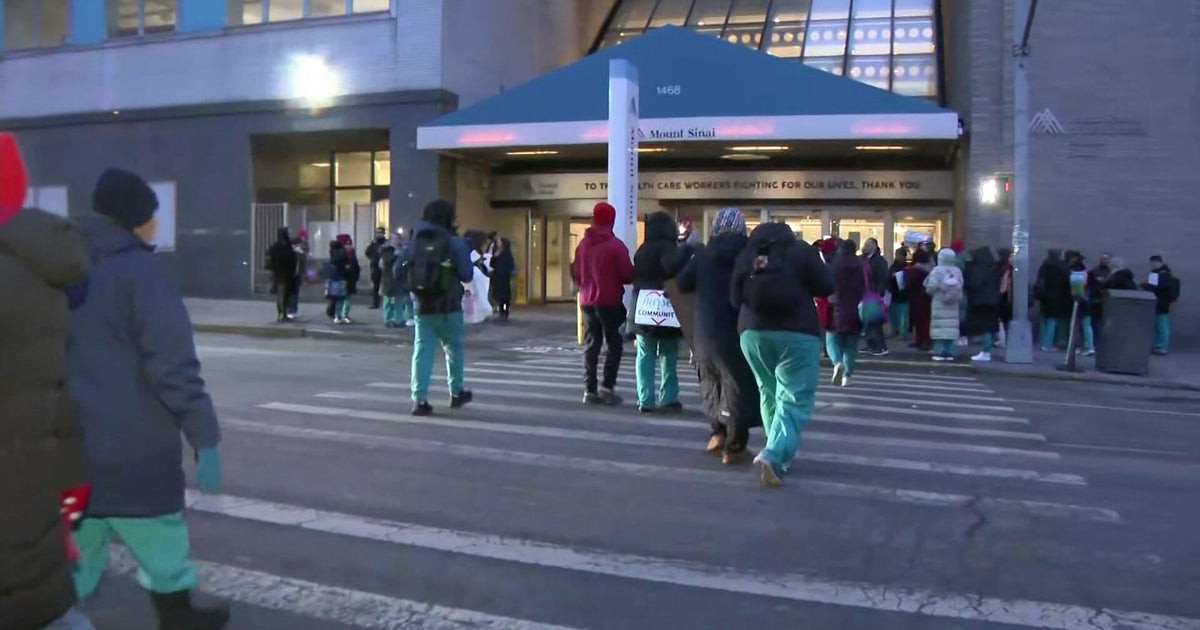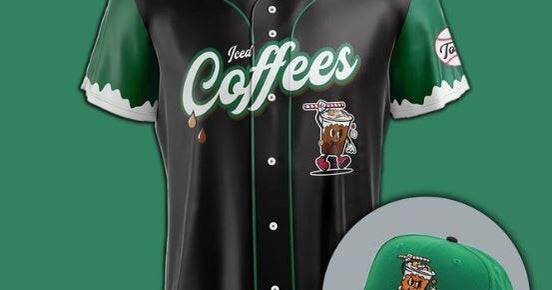NHL, Union To Return To Bargaining Table Tuesday
NEW YORK (AP) — The NHL and the players' association stuck to their word and made quick plans to get back to the bargaining table.
After all-day negotiations Saturday, the sides agreed Monday to resume talks on Tuesday in New York. Both sides said the discussions over the weekend were good, creating some optimism that perhaps a deal could soon be reached to save the already truncated hockey season.
The NHL and union hadn't met since Oct. 18 when each side turned down offers. NHL deputy commissioner Bill Daly and players' association special counsel Steve Fehr got together by themselves Saturday in an undisclosed location and held productive talks.
"We had a series of meetings over the course of the day and had a good, frank discussion on the most important issues separating us," Daly said Sunday.
He and Fehr talked on the phone several times during the week and reached enough common ground to make face-to-face meetings possible.
Fehr echoed Daly's encouraging remarks after Saturday's get-together that lasted well into the night.
"Hopefully we can continue the dialogue, expand the group, and make steady progress," Fehr said.
It wasn't immediately determined Monday whether Tuesday's bargaining session would be conducted by just Daly and Fehr or if a larger group — perhaps including NHL Commissioner Gary Bettman and NHLPA executive director Donald Fehr — would also take part.
The lockout entered its 51st day Monday. So far, 327 games — including the outdoor Winter Classic — have been called off, and the NHL says a full season won't be played.
No new formal proposals were made Saturday, but it is believed the issue of payments of existing player contracts was a big part of the discussions.
"I'm not in a position to talk substance about agenda or expectations," Daly wrote Tuesday in an email to The Associated Press.
A major point of contention between the NHL and the players' association has been the "make whole" provision, which will ensure that all current player contracts will be paid out regardless of any changes made to the split of hockey-related revenues or contract language.
The NHL appears ready to cover more of the costs of those deals as opposed to making them part of the players' share of revenue in future years. In its most recent offer last month, the NHL said it would honor the current contracts in deferred payments, but those would be included in the players' share of revenues.
The union balked at that offer.
The labor dispute, which began Sept. 16, has forced all games from Oct. 11 through Nov. 30 to be called off. It isn't known if any of those games will be rescheduled if the sides come to an agreement soon, but an NHL deadline has already passed that would have allowed for each team to play all 82 games. The season needed to start by Friday for that to happen, but the only hockey activity that day was the cancellation of the outdoor game at Michigan Stadium between the host Detroit Red Wings and Toronto Maple Leafs.
There is a sense of urgency now because nearly two months of the season have already been called off. If a deal isn't reached soon, the NHL could be looking at its second lost campaign since 2004.
In its most recent proposal, the NHL offered the union a 50-50 split of hockey-related revenue, which exceeded $3 billion last season, but that offer was rejected. The players responded with three offers that went nowhere.
The NHL offer was pulled back because it was contingent on the league playing a complete season.
Players earned 57 percent of revenue in the recently expired contract, in which a salary cap was included for the first time. Owners sought to bring that number below 50 percent this time before their most recent offer.
This is the third lockout in Bettman's tenure as commissioner. The first forced a shortened 1994-95 season, and the second led to the cancellation of the entire 2004-05 season — the only time a major North American professional sports league lost a full season to a labor dispute.
